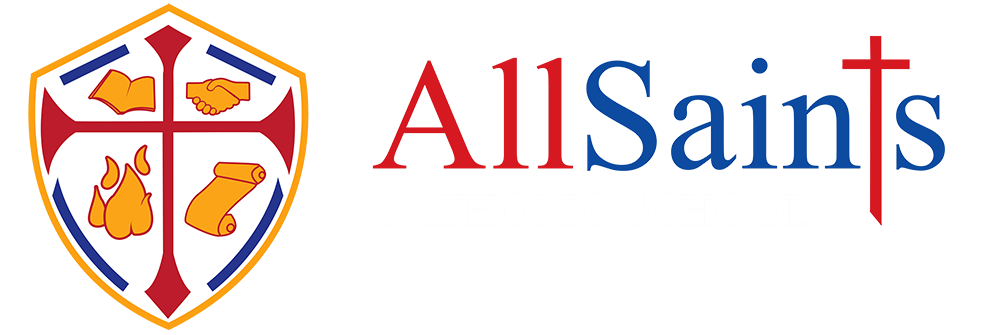Science
Key skills (subject specific) that are developed:
Science is about investigating how the natural world works. Our Science courses are designed to engage students' interests at every level by providing relevant and inspiring academic content and practical opportunities to undertake scientific enquiry and learn about the scientific process.
Our science qualifications provide choice and flexibility to suit students of different abilities and aptitudes, supporting them from understanding the basics to going on to pursue a career in science.
KS3
Summary
KS3 Science follows content under 10 big idea headings: Forces, Electromagnetism, Energy, Waves, Matter, Reactions, Earth, Organisms, Ecosystems and Genes.
Under each of these headings we then teach smaller sub-units to pupils over each half term. This spiral curriculum is then continued over year 8 and 9 linking ideas and developing knowledge as well as building on working scientifically skills.
Useful websites:
https://classroom.thenational.academy/subjects-by-key-stage/key-stage-3/subjects/science
https://www.bbc.co.uk/bitesize/subjects/zng4d2p
www.dontstoplearning.com/ks3science/contents.htm
www.educationquizzes.com/ks3/science
https://senecalearning.com/en-GB/blog/free-key-stage-3-science-revision/
https://www.sciencenewsforstudents.org
https://www.schoolscience.co.uk/ages-11-to-14
http://lgfl.skoool.co.uk/keystage3
KS4
Summary
There are two options for the key stage 4 program of study. Students either follow the AQA Combined Science Trilogy, which is worth two GCSE’s or take separate AQA GCSE’s in Biology, Chemistry and Physics (three in total).
The majority of students will be enrolled onto the Combined Science Trilogy which is similar to the previous specifications of Core and Additional Science. This is a challenging science course which incorporates detailed science concepts and covers the three main components of science, chemistry, biology and physics.
For those students who are both excelling in science at KS3 and who choose to take science as an option at the end of year 9, then these students are enrolled onto the Triple Science award. Here they will take three GCSE’s, one each for chemistry, biology and physics. Be aware however that this option is invite only.
Students studying Combined Science will be taught for 7 hours over a 2 week timetable whereas Triple Award will be taught 10 hours of science over a 2 week timetable.
Pupils are set homework on a regular basis (twice a week for combined and 3 times for triple award) which must be completed to the expected standard.
Additional Reading:
AQA GCSE (9-1) Combined Science Trilogy (single book option) Authors: Nick Dixon, Nick England, Richard Grime, Nora Henry, Ali Hodgson, James Napier, Steve Whitney
Publisher: Hodder Education
AQA GCSE (9-1) Biology Student Book Authors: Anne Pilling, John Beeby, series edited by Ed Walsh
Publisher: Collins
AQA GCSE (9-1) Chemistry Student Book Authors: Ann Daniels, series edited by Ed Walsh
Publisher: Collins
AQA GCSE (9-1) Physics Student Book Authors: Sandra Mitchell
Publisher: Collins
GCSE CGP Biology workbook and revision guide
GCSE CGP Chemistry workbook and revision guide
GCSE CGP Physics workbook and revision guide
GCSE CGP Combined Science Trilogy workbook and revision guide
Useful websites:

